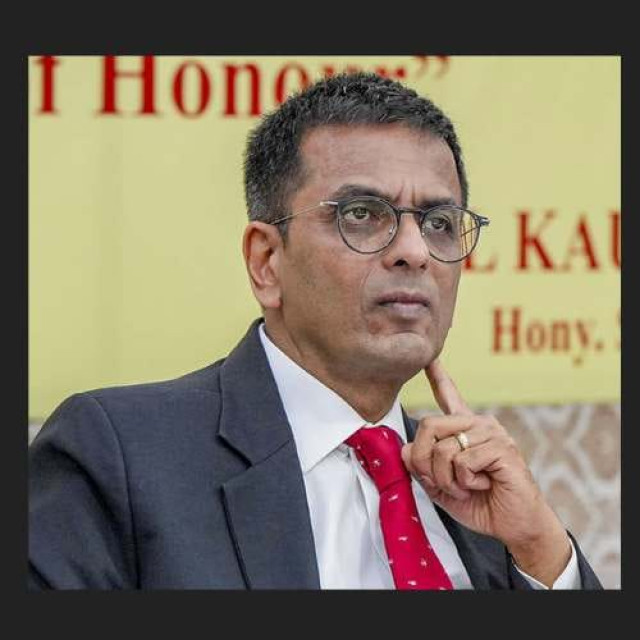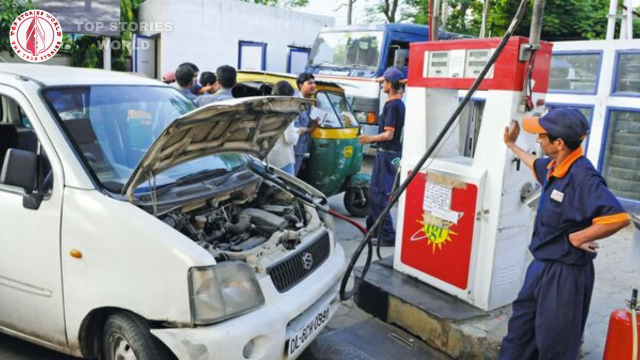Chief Justice Chandrachud Critiques Article 35A, Calling it a Curbing of Fundamental Rights
- Posted on August 30, 2023
- News
- By Ishna
- 221 Views

In a significant development, Chief Justice of India D Y Chandrachud raised concerns regarding Article 35A, highlighting its potential infringement on fundamental rights. His comments came during a hearing where Solicitor General Tushar Mehta, representing the Centre, discussed the contentious provision's discriminatory nature.
The Chief Justice addressed the issue of Article 35A, suggesting that it virtually stripped away fundamental rights such as equality and the freedom to pursue a profession anywhere in the country. Mehta had earlier referred to the provision as conferring exclusive rights solely to permanent residents of the former state of Jammu and Kashmir, thus fostering a sense of discrimination.

Although not directly naming the two main political parties of the erstwhile state, the Centre conveyed to the five-judge bench, led by Chief Justice Chandrachud, that many have been misled into considering the special provisions for Jammu and Kashmir as a "privilege" rather than a form of discrimination.
Mehta further detailed the effects of Article 370, explaining that any part of India's Constitution could be amended, altered, or even invalidated in the context of Jammu and Kashmir by administrative action. He highlighted that certain key constitutional elements such as "Socialist," "Secular," and "Integrity" were not applicable in the region, along with other significant changes.

Addressing Article 35A, Mehta asserted that it perpetuated discrimination. The provision limited rights for non-permanent residents, barring them from purchasing land, accessing scholarships, or obtaining state employment. He urged the court to consider these issues from the perspective of the affected people.
Chief Justice Chandrachud responded to Mehta's submissions, noting that Article 35A essentially eroded fundamental rights, including the right to equality and the ability to practice a profession across the country. Additionally, he highlighted the provision's immunity from legal challenges and judicial review.
The Solicitor General emphasized that certain parties mischaracterized Article 35A as a privilege rather than a discriminatory measure, even as two political parties continued to defend Articles 370 and 35A in the court.
As the hearing progressed, it became apparent that the apex court was leaning towards the Centre's assertion that the Constitution of Jammu and Kashmir was "subordinate" to the Indian Constitution, and thus, the latter held precedence.
The bench did not agree with the contention that the erstwhile state's Constituent Assembly, which dissolved in 1957, was effectively a legislative assembly.
For more updates keep visiting our website www.topstoriesworld.com where we provide unbiased, true and top stories of the world.




